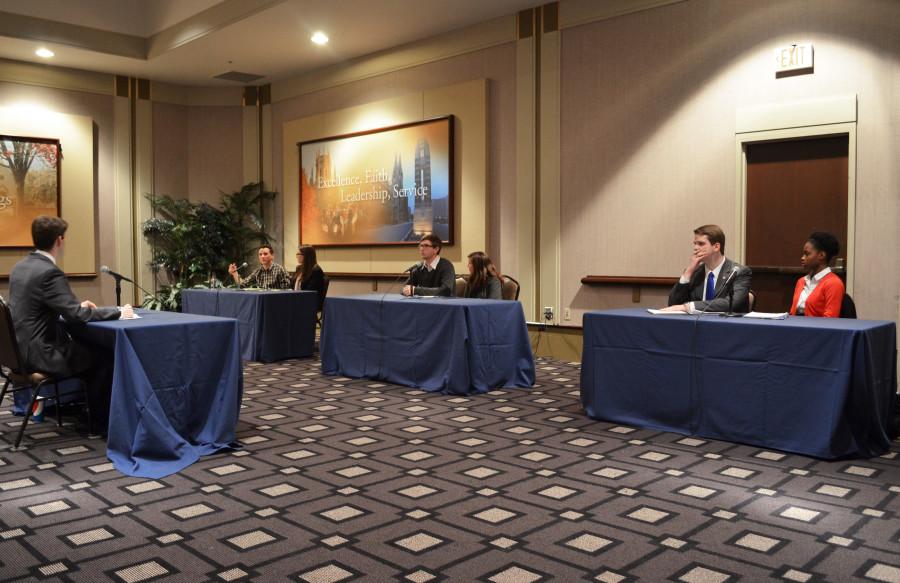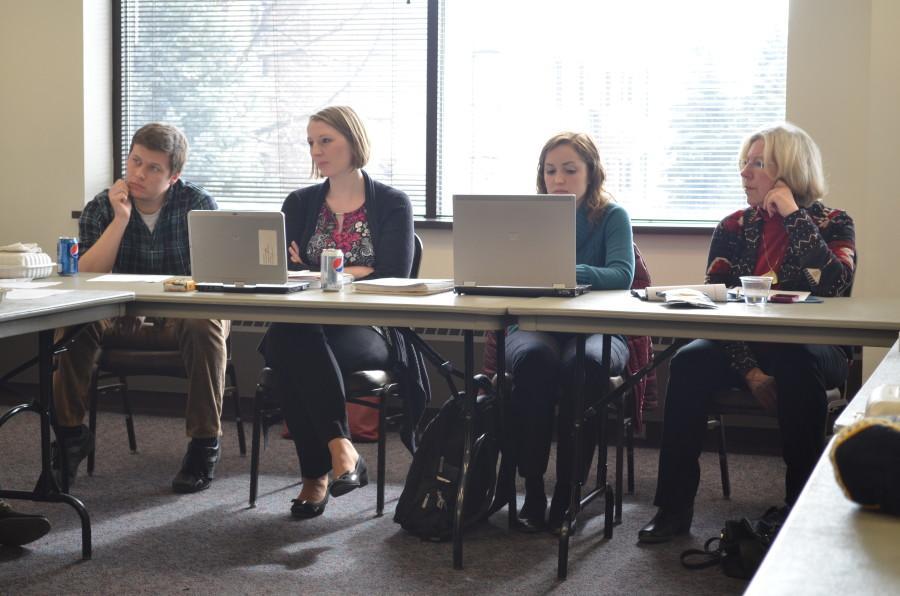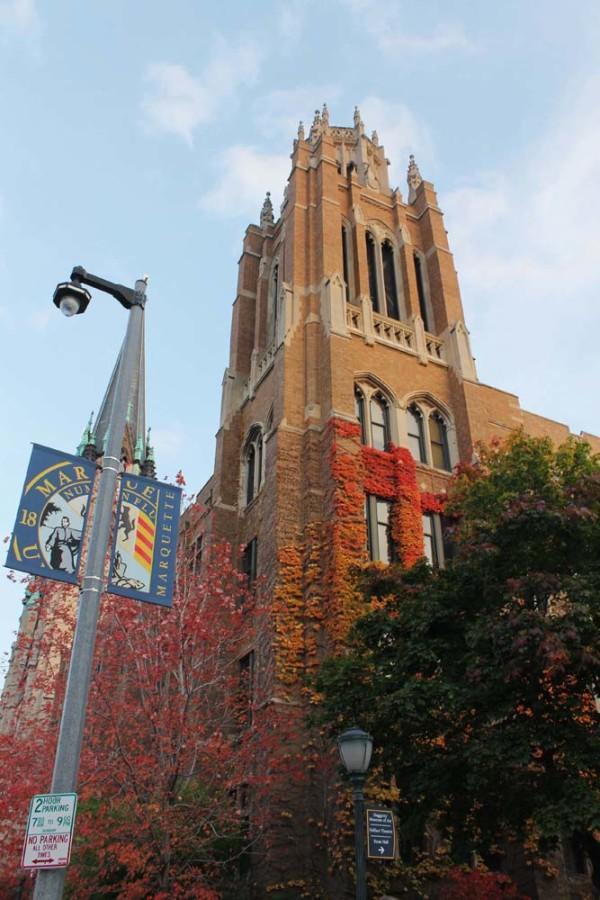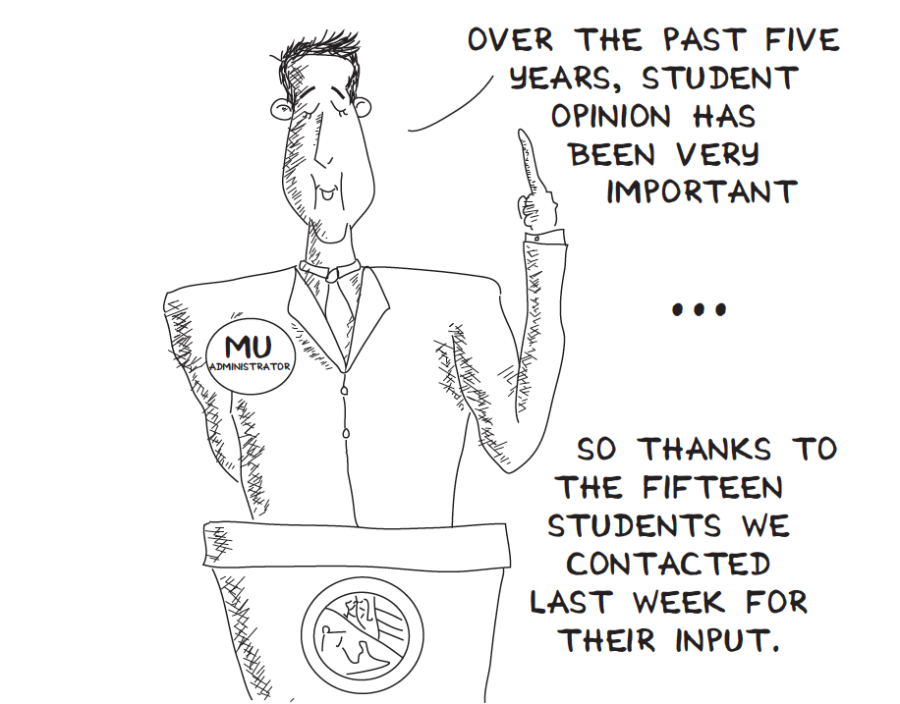Being a private university and having less students than public institutions, Marquette University is able to offer advising resources for students to stay on track with their academics. However, the current structure of advising can cause unnecessary stress, confusion and unclear communication between advisers and advisees.
For some more popular majors, advisers must divide their resources and time between a large number of students. Many advisers are also professors, which can mean short advising appointments and less individualized attention for students. This can be overwhelming for professors to juggle and is unfair to the students they are responsible for.
Students shouldn’t have to fight for time with their advisers and should be able to access them for meetings whenever necessary. Advisers are advocates for students and it is important that they are regularly available to help students. This advocacy is only effective if advisers are given more time to be available to their students.
Marquette could alleviate stress for students and advisers by making advising a more specialized practice. This could mean hiring a separate, dedicated staff whose sole job is to provide insight to students as academic and professional advisers. These advisers could have the time to dedicate to the paths of study and academic programs they specialize in, like Study Abroad and the University Honors Program. They could also be more available for walk-in meetings much like how other resources operate, such as the Career Services Center.
In the current system, there should be increased support for professors who are also advisers. This support could come in the form of further resource guides and time for advising to alleviate stress. The resources could focus on helping advisers better understand programs and departments that may intersect with their advisees’ paths of study. The workload and pressures of the many responsibilities can easily build up for professors, and it is important that they can manage their positions as both advisers and educators.
More cohesion among advisers would be beneficial for students who have more than one major or are involved in programs, like the University Honors Program. Anne Deahl, the associate vice provost for academic support and retention, said in an email, “Advising (and advisor resources and training) is planned and delivered slightly differently in each college.” These differences can be felt by students, who are often left frustrated by the apparent disconnect between various advisers.
It is essential that all student majors and programs are addressed and understood by advisers in order to keep students on track for graduation. The creation of a specialized advising staff would allow advisers to spend adequate time on student career paths and allow students with more than one major to have reliable, consistent contacts for all their academic planning questions.
Another feature Marquette could implement would be a system to provide feedback for advisers. Much like how students currently have the option to provide feedback for professors, the university could create a system for advisers to receive constructive criticism from their advisees. Each student has a distinct and unique experience with their adviser and should be granted the opportunity to share their experiences with the university so that improvements can be made.
If the advising process was to be streamlined, it could help give students a more straightforward understanding of requirements to complete their degrees. It could also help lighten the load on professors, while simultaneously giving them increased resources to do their jobs more effectively.











